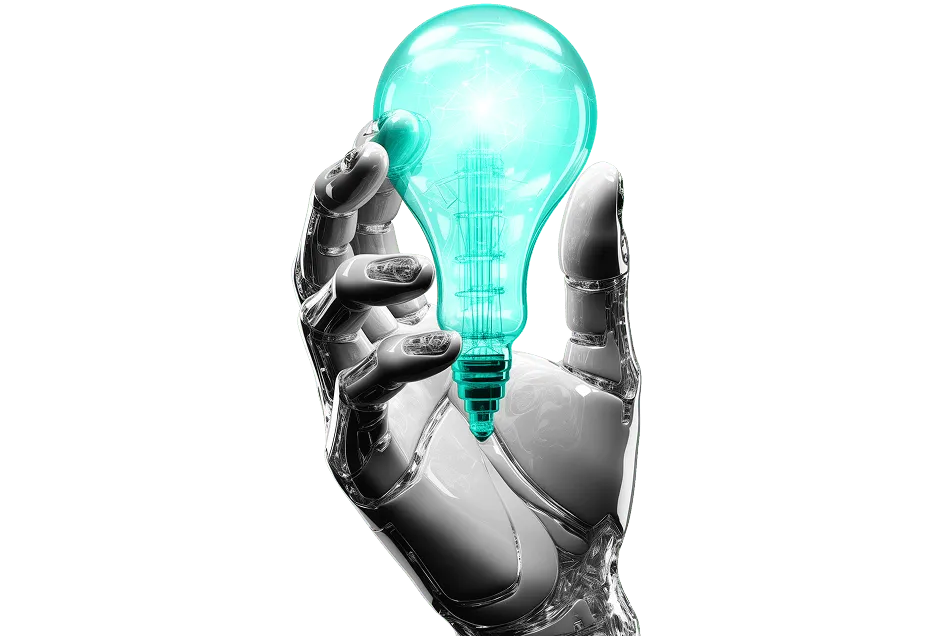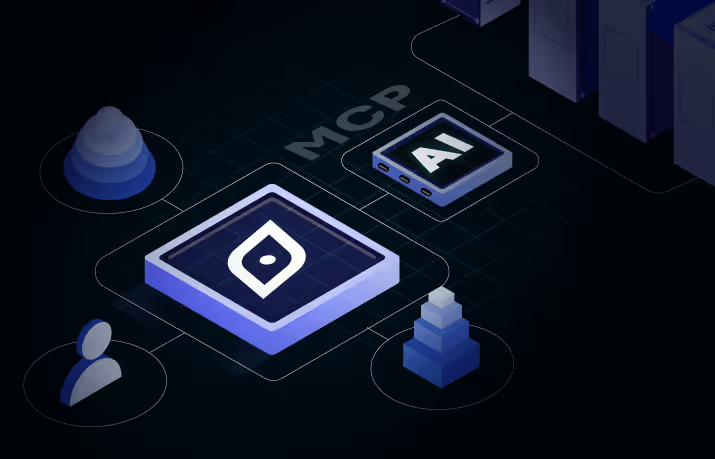Exploring the Role of AI as an Independent Talent Specialist in Strategic Talent Management
The exponential talent gap, failed traditional talent management strategies, and rising attrition rates have rendered them obsolete. And lack of effective strategic talent management has further led to a modern-day talent war; HR executives are finding it hard to stay in. Talent teams are finally understanding the relevance of strategic talent management, effectively giving birth to a transformative technology called Talent Intelligence.
It is true that COVID-19 has disrupted traditional talent management systems severely. However, with the arrival of AI into the talent ecosystem, enterprises are preparing to power up their strategic talent management with data and insights relevant to current market conditions.
Let us first examine the most prominent strategic talent management challenges of today.
Key Challenges in Strategic Talent Management
Even though there are a lot of challenges, we at Draup have identified 10 key challenges that need immediate attention of TM teams. These include:
- Attracting and engaging the right candidates
- Making recruitment bias-free
- Using People Analytics for data-driven recruitment
- Prioritization of in-demand skills
- Lower employee engagement
- Identification of critical roles & role transitions
- Accessing critical talent data & planning career progressions
- Aligning talent strategy with business strategy
- Arresting the rising attrition rates
- Managing Hybrid/Remote work models
These challenges hold the might to damage any obsolete talent management strategies in place today. This is where “talent intelligence” saves the day.
Let us look at how talent intelligence can actually act as an “Independent Talent Specialist” for your enterprise.
AI Strategic Talent Management as a Recruitment Specialist
Emergence of new-age work models, digital recruitment and intelligent technologies have made the Talent teams turn to AI resulting in the rise of AI as a “Recruitment Specialist.”
In the next few years, finding top talent will largely depend on the recruiter’s ability to intelligently automate their workflows and extract quality recruitment insights.
With AI, HR teams can rely on qualitative & quantitative talent data acquired from global sources to make impactful decisions that transform recruitment from the core.
Other than the well-known benefits of AI, some prominent ways AI in recruitment can help HR teams are:
- Increase candidate engagement by adopting time-tested engagement practices
- Develop effective onboarding systems to enable memorable onboarding.
- Eliminate recruitment bias and hire based on skillsets and personality.
- Incorporate DE&I by accessing a global talent pool and targeting talent hotspots
- Match candidate intentions with business intentions to assess compatibility
In the decade to come, AI will transform the traditional recruiter role allowing recruiters to become more proactive in their hiring. This would unleash an era of data-backed hiring setting the foundation of organisational workforce for the future.
AI Strategic Talent Management as Workforce Planner
Most organisations in 2022 are not sufficiently informed of their current or future workforce gaps that may limits the execution of their business strategies.
The expedited digital transformation timeline, cultural developments, emergence of new work models and the need for DE&I have powered a rapid shift in the global talent landscape. The modern HR execs are concerned about their unplanned workforce but do not have enough data to plan their workforce independently.
With AI in workforce planning, HR execs feel equipped to leap into the future and prepare a future-proof workforce.
AI-powered workforce planning helps HR teams:
- Leverage an Eagle’s eye view of the talent ecosystem
- Forecast emerging talent trends and innovate accordingly
- Track your peers and their talent strategies
- Unearth global talent insights and unravel the market scenario
- Estimate costs and track workforce plans
Empowered by AI-backed strategic talent management tools, modern HR execs at Fortune-500 enterprises have already started utilizing global talent data, workforce metrics and trends analysis to plan their workforce the right way.
AI Strategic Talent Management as Reskilling Manager
The shifting nature of work today is rendering many jobs obsolete, leaving HR teams with the task of infusing their workforce with in-demand skills to survive the market. Reskilling employees is now a priority in strategic talent management, aimed at maximizing productivity and employee satisfaction by enhancing the ability to learn and grow with the market.
However, a lack of strategic planning shakes the foundation of most L&D initiatives and makes them ineffective in the face of the talent shortage. As part of strategic talent management, AI-powered reskilling can help HR teams:
- Identify emerging skillsets
- Analyse current roles against future roles to identify skills gap
- Discover quality L&D resources to get your employees started
- Plan career progressions based on relevant skillsets
Reskilling forms the backbone of future-ready strategic talent management and will set the foundation for the future of the global workforce. Taking it seriously and planning to use quality talent data will enable HR execs to stay ahead of trends and prepare their workforce accordingly.
Every aspect of Artificial Intelligence discussed above comes encapsulated in one, all-inclusive strategic talent management solution, Draup for Talent. Spanning over 4Mn+ career paths, 750Mn+ professional profiles, 30k+ skills, and 100k+ courses across 33 industries, Draup for Talent provides an eagle’s eye view of the entire talent ecosystem.










.svg)

















.svg)





.svg)





.svg)
